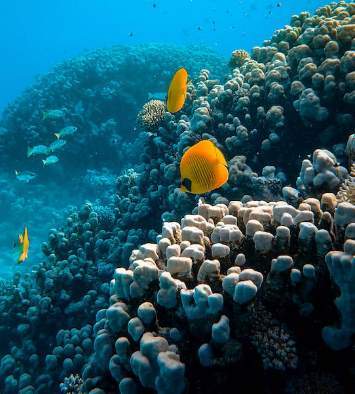What is the biological species concept? Its merits and demerits
Definition of Biological Species Concept (BSC) The biological species concept (BSC) is a widely used definition of a species in biology. This concept defines a species as a group of organisms that can interbreed and produce viable offspring. The BSC was proposed by Ernst Mayr in 1942 and has been used extensively in the study […]
What is the biological species concept? Its merits and demerits Read More »

